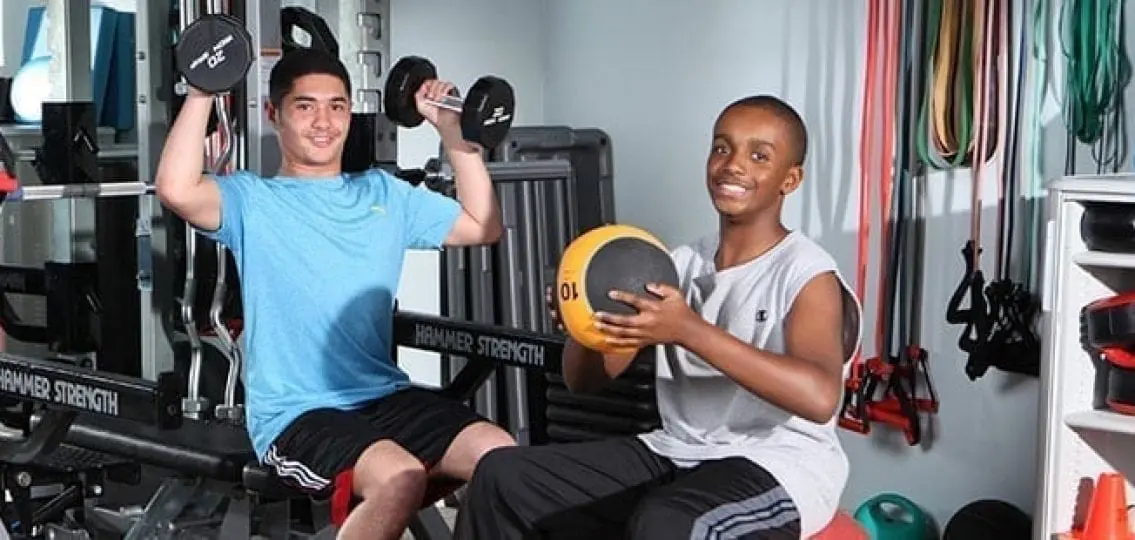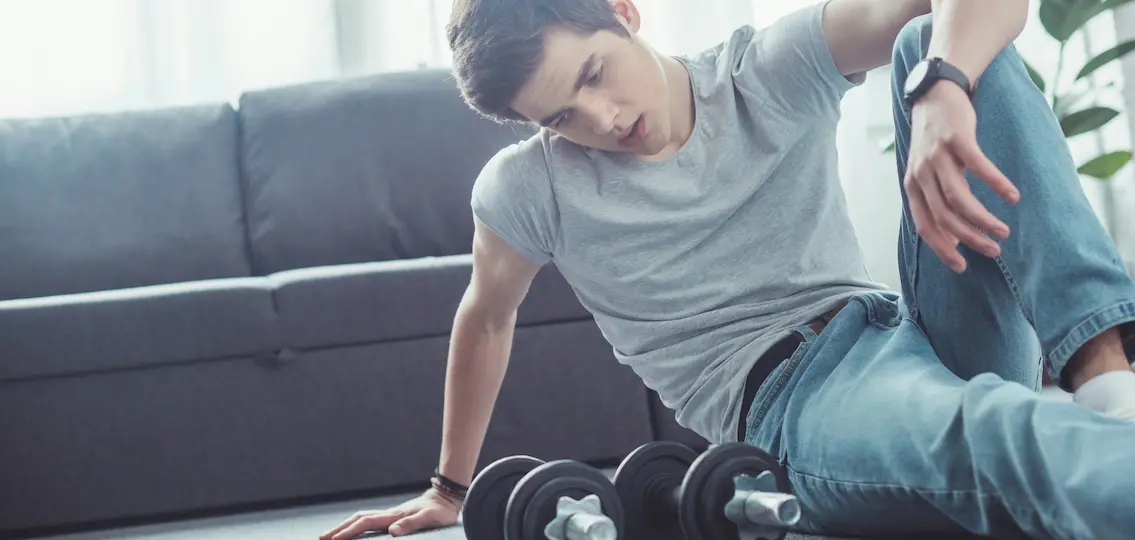Kiera Rudden-Flanagan started using a fitness tracker in the middle of her senior year of high school.

“I was trying to track my sleep and make sure I slept the right amount,” says Rudden-Flanagan, now a freshman at George Washington University. “I also had a hard time running, so I thought it’d be useful to see my heart rate.”
While she likes getting 10,000 steps a day and seeing the little rocket on the screen when she meets that goal, that’s not her favorite part of using her FitBit Charge 2. And, noticing that she hasn’t reached her step goal doesn’t really motivate her to put in more steps before day’s end.
“The best part is definitely sleep tracking,” Rudden-Flanagan says. “My FitBit reminds me at 9:30 that it’s time to start getting ready for bed. It doesn’t always help, but it is a good reminder when it does.” She also likes tracking both her heart rate and location as she runs.
While this young adult’s use of her fitness tracker sounds ideal, are these gadgets right for every teenager? Psychologist Angela Celio Doyle recommends that parents think about their own child’s traits before spending money on a device.
4 Words to the Wise about Fitness Trackers:
1. Don’t feed the beast.
“Some kids have a negative experience with fitness trackers: it makes them feel more obsessive about their exercise,” says Doyle, who counsels adolescents and adults at the Eating Disorders and Anxiety centers at the Evidence Based Treatment Centers of Seattle. “These are the types of kids I would most likely see in my office.”
“If you feel that your child is more susceptible to being obsessive about exercise, I’d avoid trackers. And they’re definitely a ‘no’ in the presence of any sort of disordered eating.”
Dr. Cora Breuner, an adolescent physician at Seattle Children’s Hospital, adds that if fitness trackers were the answer to the obesity epidemic, we’d be done with obesity by now. These devices have been on the market for more than a decade.
2. Go to bed when it tells you to.
But Breuner believes the sleep tracker feature on fitness trackers can make a positive difference in a teenager’s life. Middle and high school students typically need eight to 10 hours of sleep.
“Everyone needs to figure out their own circadian rhythm: what time of day works best for them to go to sleep,” she says. “But we do know that most teenagers need more sleep than they are getting. And if people get enough sleep, they make better dietary choices, too.”
3. You may turn off what you hope to turn on.
If you’re pondering using fitness trackers to encourage a reluctant teen to exercise more often, research shows this may backfire, says Doyle. One study of children who used fitness trackers to compete on a leaderboard showed that the top five competitors kept using the trackers, but many of the other participants stopped using these tools.
“It’s common for someone to feel like, If I’m not in the top five, I’m not even going to try,” says Doyle. “It’s human to feel like a failure and decide you lack willpower.” She feels that many kids use trackers the same way many adults do: It’s a nice new gadget for a few weeks and then they lose interest.
4. Be sure the messaging is positive and realistic.
“Few of us can sustain a new exercise habit without good support,” says Doyle. That’s one of the reasons she believes parents should set up healthy parameters when teens start using fitness trackers. “What really helps families on their quest to create healthy habits is to state our values out loud. Say, ‘It’s important in our family to be healthy and take care of ourselves.’ I like to equate exercise to why we brush our teeth every day.”
If you don’t state why you’re giving a fitness tracker to your teen, you risk sending the implied message that they need to lose weight, adds Doyle. “Weight criticism is harmful for parents to give. Think about why your family is using fitness trackers. Then, be clear: ‘Hey, we should all be active every day.’ Figure out realistic expectations together.”
There are specific populations of kids for whom fitness trackers might be especially helpful, says Breuner.
“We know that physical activity decreases symptoms in kids with ADHD,” she says. “For people with juvenile arthritis, motion is the lotion. And exercise won’t make cancer go away, but people with cancer who exercise have more hope and general well-being.”
Don’t forget that smartphones and smart watches have built-in fitness tracker apps as well. But if your gadget-obsessed kid is hankering for a dedicated fitness tracker, it’s a purchase worth pondering.

“For the right kid, this may be just the ticket to get them off video or computer games and on to a more healthy and fit life,” says Breuner.



